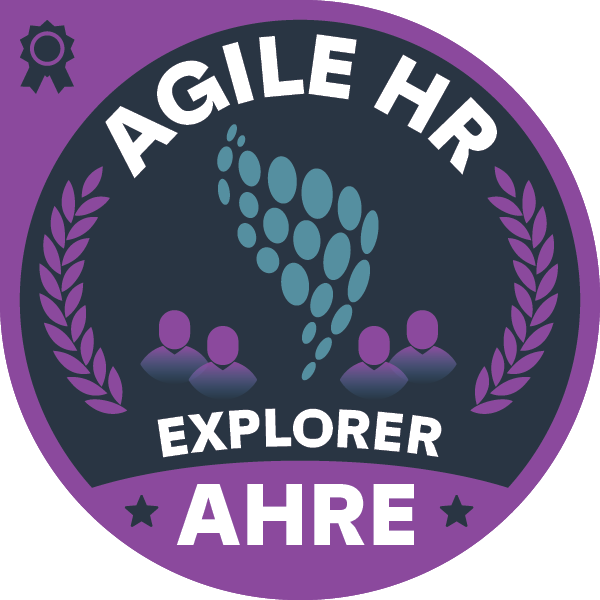Artificial Intelligence (AI) is reshaping the world as we know it. With its ability to analyze vast amounts of data, recognize patterns, and make predictions, AI is more than just a technological breakthrough—it’s a game-changer across various industries. Let’s dive into how AI is making waves in sectors like manufacturing, healthcare, retail, and transportation, and why its impact is only set to grow.
How AI Works Its Magic
At its core, AI acts like a supercharged learning machine. It can:
- Process massive datasets to uncover valuable insights.
- Automate repetitive tasks for greater efficiency.
- Enhance decision-making by predicting outcomes with remarkable accuracy.
- Generate creative solutions in ways humans might not anticipate.
This potent combination allows AI to revolutionize workflows, reduce costs, and improve outcomes in countless ways. Here's a closer look at its role in different industries.
AI in Manufacturing: Boosting Productivity and Quality
-
Enhanced Productivity and Efficiency
AI-powered robots are at the forefront of manufacturing, handling repetitive tasks with precision and speed. This boosts production rates while maintaining consistency. -
Predictive Maintenance
Sensors combined with AI algorithms monitor equipment performance in real-time, predicting potential failures before they occur. This reduces costly downtime and ensures smooth operations. -
Improved Quality Control
AI systems analyze products as they’re being made, identifying defects instantly. This not only minimizes waste but also ensures customers receive high-quality goods.
AI in Healthcare: Revolutionizing Diagnostics and Treatment
-
Advanced Diagnostics and Treatment
AI algorithms can scan medical images to detect conditions like cancer or neurological disorders faster and with higher accuracy than traditional methods. -
Personalized Medicine
By analyzing a patient’s genetic makeup and medical history, AI can help doctors create treatment plans tailored to individual needs, improving patient outcomes. -
Accelerated Drug Discovery
The traditional drug development process is lengthy and expensive. AI speeds it up by analyzing vast amounts of scientific data to identify promising drug candidates efficiently.
AI in Retail: Redefining Customer Experiences
-
Personalized Shopping Experiences
AI-driven recommendation systems suggest products tailored to each customer’s preferences and purchase history, enhancing satisfaction and boosting sales. -
Optimized Inventory Management
AI helps retailers predict customer demand, ensuring shelves are stocked with the right products while reducing overstocking or stockouts. -
Frictionless Shopping
From cashierless stores to voice-activated shopping assistants, AI is making retail experiences more convenient and seamless for consumers.
AI in Transportation and Logistics: Driving Efficiency
-
Autonomous Vehicles
Self-driving cars and trucks are no longer science fiction. Powered by AI, they promise safer roads, reduced traffic, and cost-effective transportation. -
Smart Traffic Management
AI analyzes real-time traffic data to optimize signal timings, reducing congestion and improving travel times for commuters. -
Efficient Supply Chains
Logistics operations benefit from AI’s ability to optimize delivery routes, cut fuel costs, and streamline warehouse management.
Ready to Elevate Your Agile Journey?
Explore Agilemania's Agile and Scrum Learning Path—your comprehensive guide to mastering Agile methodologies, becoming an expert Scrum practitioner, and advancing your career. Whether you're a beginner or a seasoned professional, our curated learning path empowers you with the knowledge and certifications needed to thrive in Agile environments.
Explore Now!The Bigger Picture: AI’s Boundless Potential
These examples are just the tip of the iceberg. From agriculture to education and beyond, AI is transforming industries by solving complex challenges and opening new possibilities.
The Road Ahead
As AI continues to advance, its potential applications will only expand. Emerging technologies like machine learning, natural language processing, and computer vision will further integrate AI into our daily lives, making processes smarter and more efficient.
The message is clear: Whether you’re in manufacturing, healthcare, retail, or transportation, embracing AI is no longer optional—it’s essential for staying competitive in today’s rapidly evolving landscape.
Let’s prepare for a future where AI is not just a tool but a partner in innovation and growth. The possibilities are limitless, and the journey has just begun!



























































































